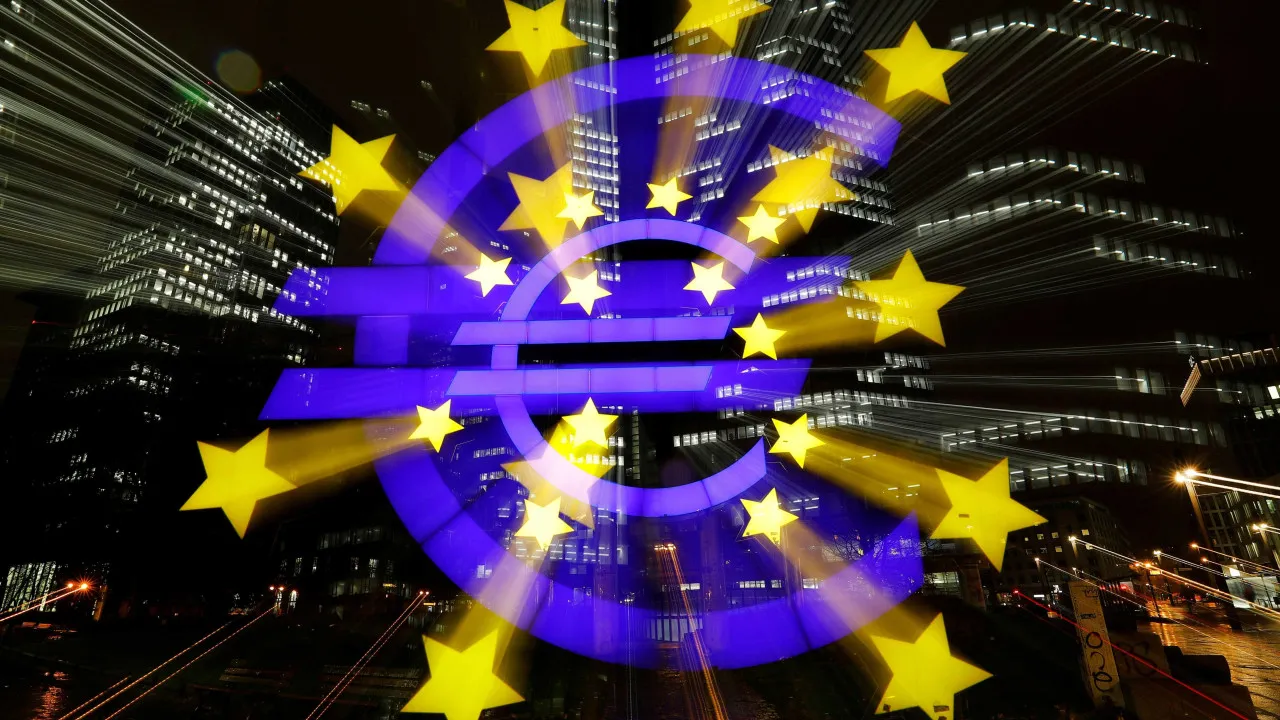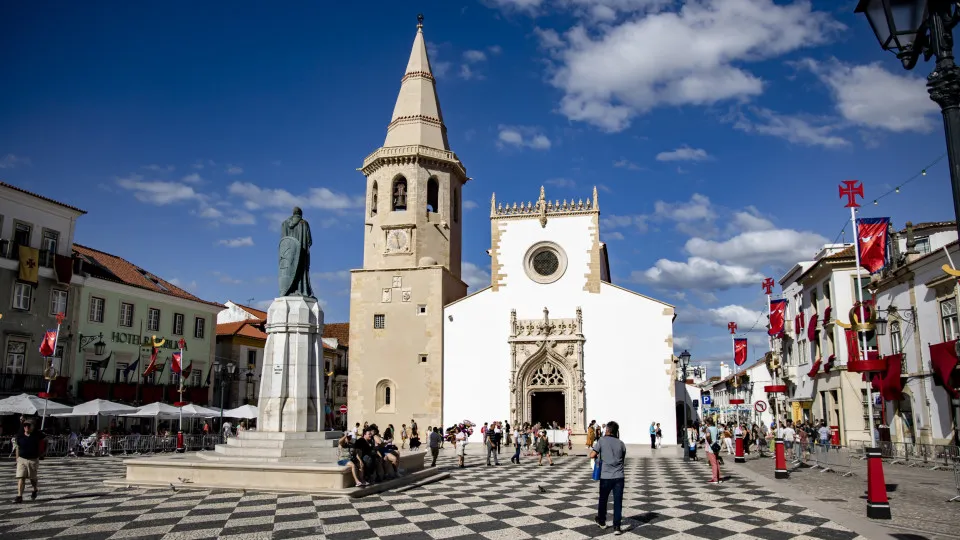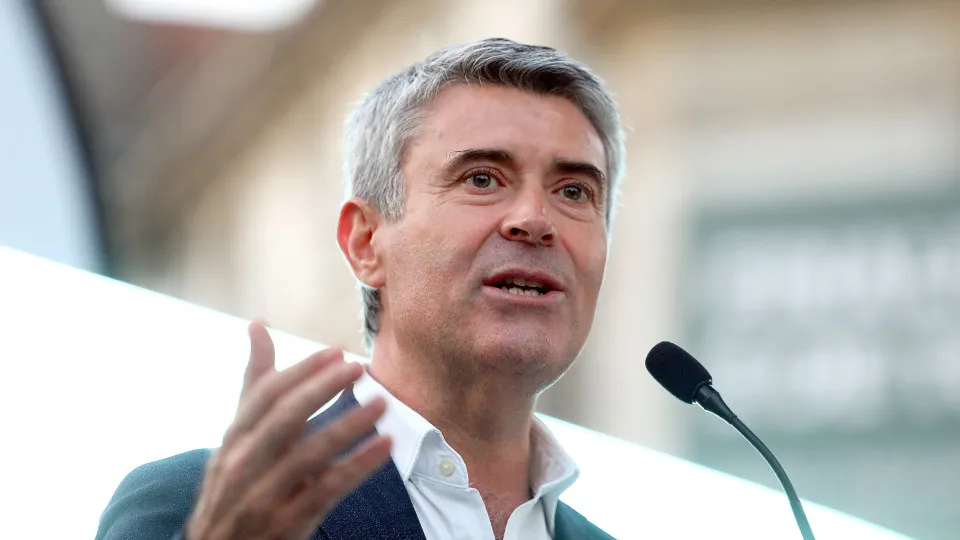
“Excluding the increase in defense spending, budgetary restraint remains appropriate, and we are committed to implementing our medium-term plans in line with the new governance framework. We foresee an overall neutral fiscal stance in the euro area by 2026, which seems suitable in the current economic context,” the Eurogroup stated in a position released today.
In the joint declaration, the eurozone finance ministers emphasize that “strengthening Europe’s defense capabilities is among the top priorities” and commit to enhancing “defense, security, and overall readiness while maintaining debt sustainability.”
“The fiscal stance of the euro area was contractionary in 2024 and is expected to become broadly neutral in 2025, based on the Commission’s forecast. This appears appropriate in light of a more negative macroeconomic outlook and decreasing inflationary pressures, and aligns with the need for fiscal prudence in Member States, particularly those with high debt,” the Eurogroup added.
At the end of June, during a meeting in Brussels, EU leaders committed to adequately funding increased defense spending, coordinating such investment to do “better together,” following the new target set by the North Atlantic Treaty Organization (NATO) days earlier.
The EU Heads of State and Government also asked the European Commission and the EU’s chief diplomat, Kaja Kallas, to present a roadmap to achieve the EU’s common defense readiness by 2030.
At the NATO summit, the 32 allies of the Atlantic Alliance pledged to spend, by 2035, 3.5% of Gross Domestic Product (GDP) on traditional military expenses (armed forces, equipment, and training) and an additional 1.5% of GDP on cybersecurity infrastructure, readiness, and strategic resilience, an increase from the current target of 2%.
Between 2021 and 2024, EU member states’ defense spending increased by over 30%, reaching 326 billion euros, equivalent to about 1.9% of the community’s GDP.
Portugal invested about 1.55% of GDP in defense last year and has stated that it will reach 2% this year.
In an interview with Lusa released last week, the President of the European Council, António Costa, stated that investing in defense without preserving the European Union’s social state would be “collective suicide.”




